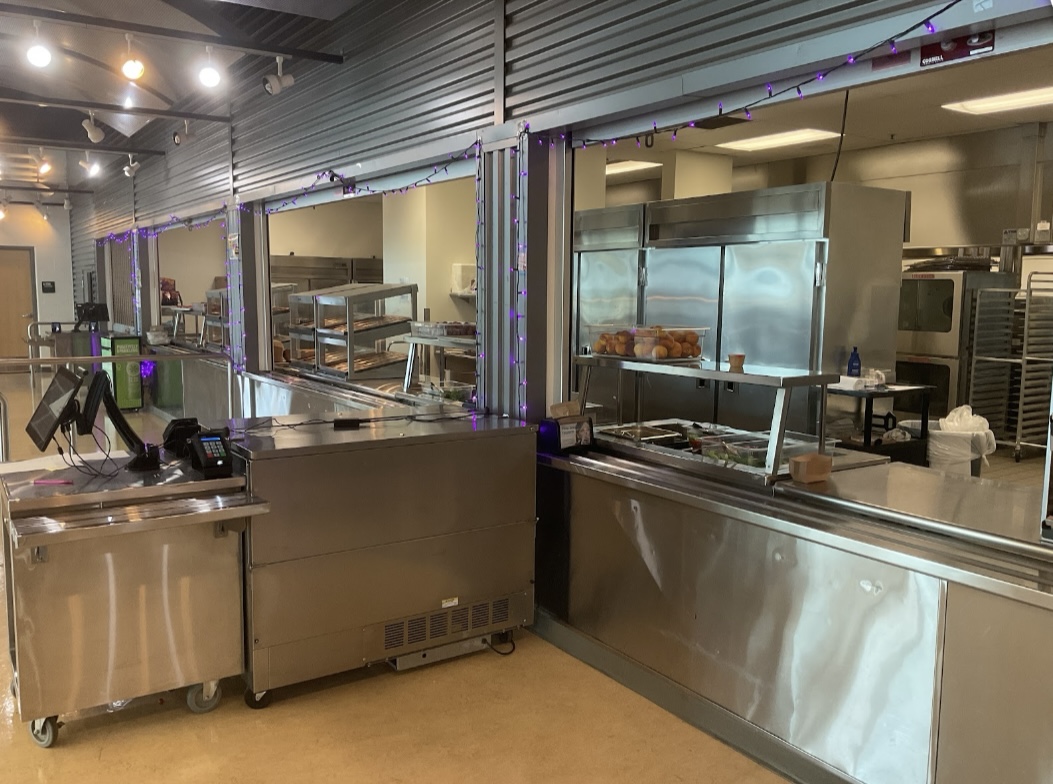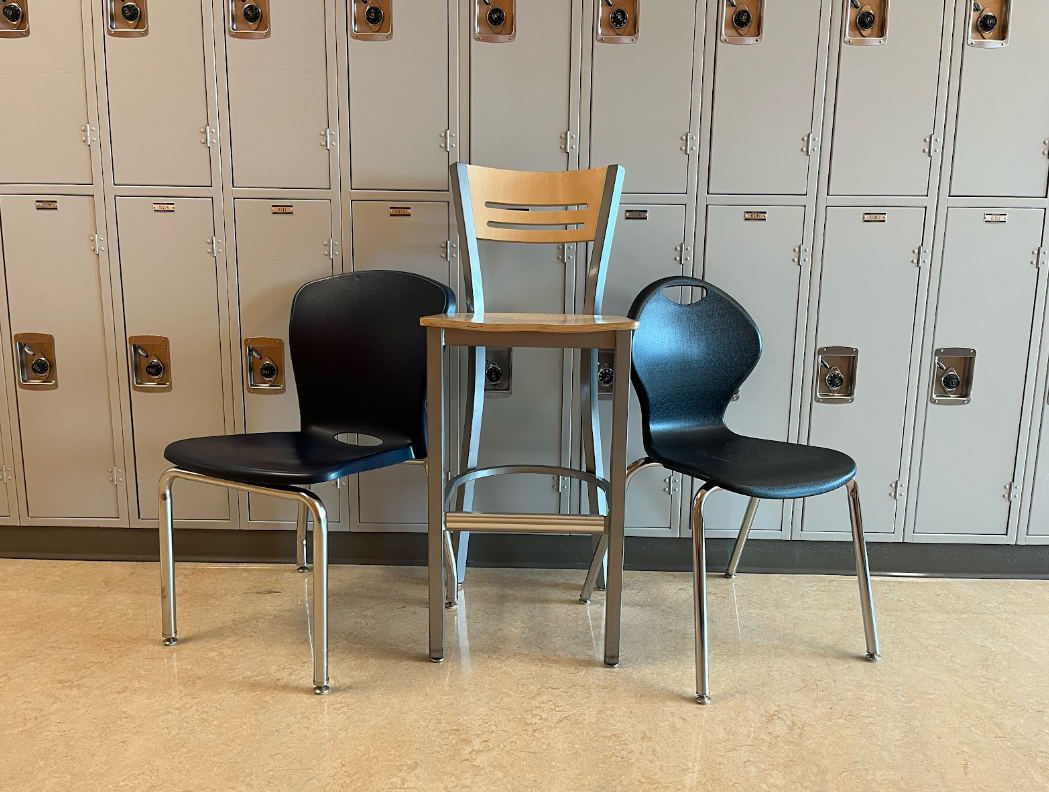To anyone applying to college, it’s known that we’ve depended on a delayed Free Application for Federal Student Aid (FAFSA) to find out how much we can actually afford for post-secondary education.
In fact, the FAFSA is so delayed that financial information will be available three months after colleges were initially supposed to send out financial aid packages. It is ridiculous compared to previous generations who were aware of their financial situation as early as Nov., not late March—which, may I remind you, is two months before graduation.
The new FAFSA was supposed to launch on Dec. 31. The reasoning for this new model was to simplify the financial aid process, which sounds innovative and like a dream come true. Unpreparedness, though, is neither of those.
The US Department of Education removed the old FAFSA before the new one was complete. In the past, FAFSA was released on Oct. 1, leaving plenty of time and preparation for students to plan the next steps in their lives and future. This “new and improved” FAFSA has left the futures of countless students in the hands of a government system.
Forget American independence; the new trend is American dependance.
Not only that, but this blunder of the public education system has cost students $1.8 billion in federal student aid. According to NPR, “lawmakers told the Education Department to use a new, more generous formula to protect more of a family’s income from being used to determine financial aid eligibility. They also told the department to adjust its math for inflation.” In reality, the new formula and guidelines have not accounted for inflation and will cause lower federal, state, and institutional aid for students. That is why the FAFSA is even further behind schedule, so the US Department of Education can fix this problem.
I don’t understand how I’m a high school student, and I even know there should be at least a year or two of beta testing before launching a massive government program. Sure, FAFSA did have a faulty soft launch; I’ll give them that, but this is negatively affecting graduates now. Real people, not testers, have the backup of an older FAFSA model in case bugs and mistakes arise. We have no backup, just a faulty system and a soft launch infested with bugs.
We are sitting in limbo, biting our nails, wondering if we can actually pay for our dream school, our careers, and the next steps in our lives.
Though this experience is a lesson for students to learn how to be okay amidst uncertainty, presenting an unfinished government system that millions depend on is unacceptable.





















Shayd Fuller • Feb 2, 2024 at 7:29 pm
thanks for writing this, Skylar. it helps me reconsider my own experience with FAFSA, especially in the upcoming year.
Candy Berkenkotter • Feb 2, 2024 at 4:26 pm
Well written.Its too bad seniors are in limbo about their future, because of someone’s negligence and miscalculations. Hang in there!